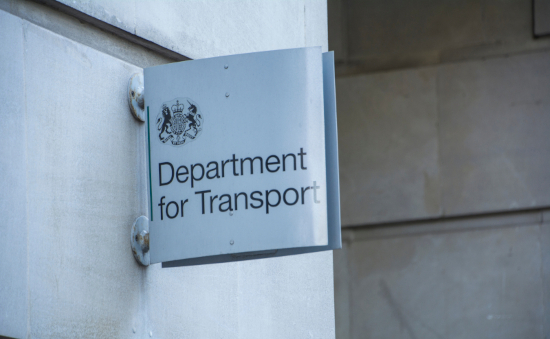One of the most important figures in roads policy over the last decade, the Department for Transport's (DfT) head of future roads strategy and investment, Philip Andrews, is stepping down from his role and leaving the civil service.
Mr Andrews announced last week on social media that he is in his 'last month' at the Department for Transport and the civil service. He left his future options open, suggesting you could call it 'a reset.. a life sabbatical.. seeking new challenges'.
Mr Andrews spent over nine years in his role at DfT and played a huge role in some of the biggest aspects of road policy and funding over the last decade.
His job involved the development of strategy, finance, performance frameworks, business cases and scheme portfolios for five-year, multi-billion roads programmes - RIS2 and the upcoming RIS3 - and was involved in the major road network local authority programme.
He was also 'senior responsible owner' for a range of key roads policy elements including major private sector inward investment projects; changes to the operation of and contract for Dartford Crossing tolls; removal of Severn tolls and return to public ownership and road elements of OxCam Arc and Heathrow expansions.
He also managed relationships across National Highways, HS2 Ltd, East West Rail and Network Rail; helped develop road elements of cross-government strategies – Network North, spending reviews and the Integrated Transport Strategy; and led place-based, multi-agency, task forces to deliver growth.
In a somewhat rueful leaving message, Mr Andrews said: 'I believe I added value or, in some cases, limited the wider damage. I have worked with some amazing, dedicated people across the public sector and in the enlightened end of the private sector. Though the civil service can get some deserved criticisms, we should all continue to be grateful for the highly committed people who just get the stuff of government done, whether you agree or not with the direction they are pointed in by politicians or the often ridiculous constraints and processes they face.
'What next? I’d frame it as: I’m lucky enough to not have to rush into anything, but I’m looking to be...useful. Preferably somewhere that would benefit from someone who has seen how the Government sausage machine works but also knows how to make progress on actual delivery. If I have one passion still, it is getting people who really know what they are doing together, and then cutting through the (insert word of choice) so they can achieve. So suggestions on where I might be ‘useful’ welcome of course.'






